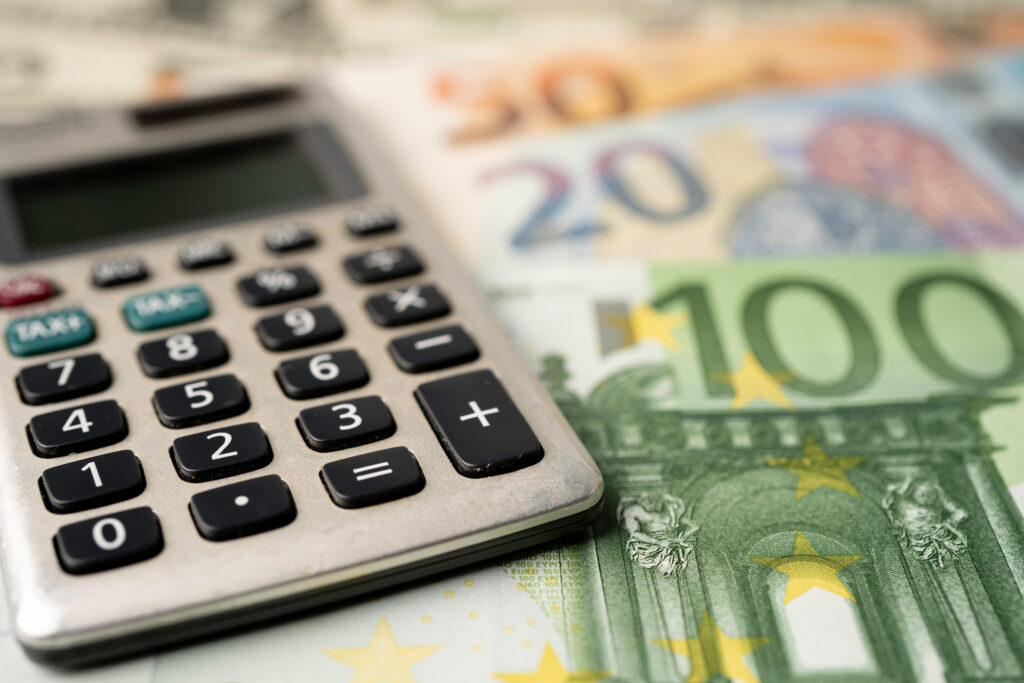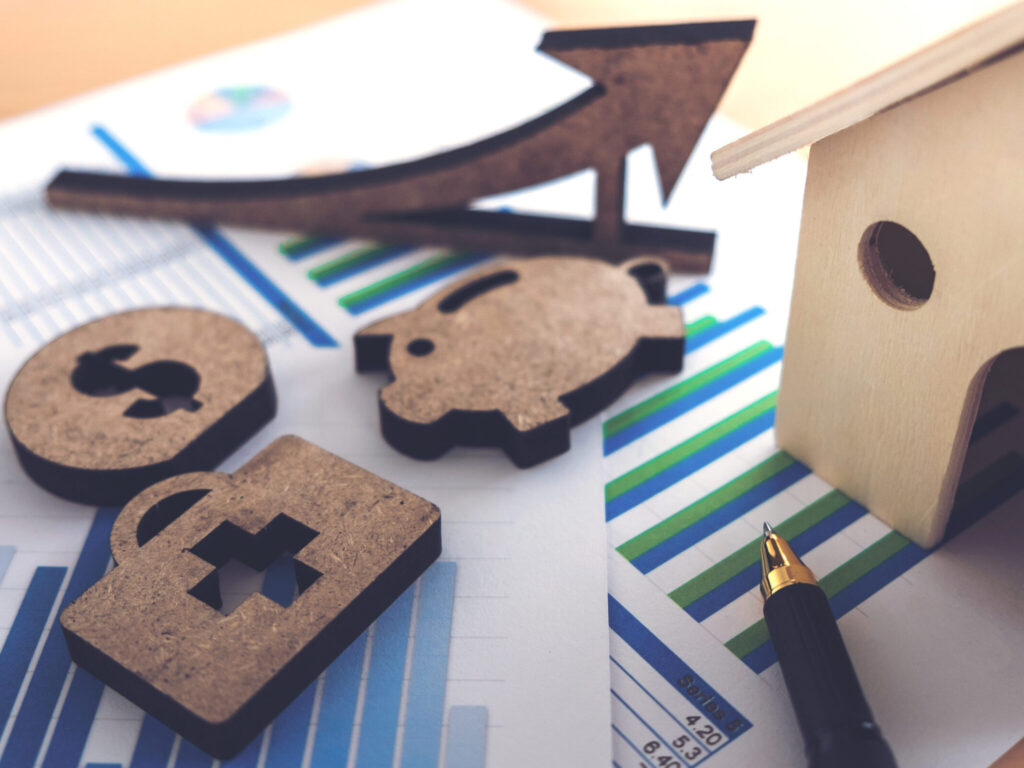What is Personal Finance?
Personal finance is the effective management of your finances. It entails the financial management of one’s resources through budgeting, insurance, debt management, savings, and retirement planning. It could happen to an individual or a family.
Managing finances is not an easy task, especially on a personal level. To effectively manage one’s finances, one must be aware of all investments, including mutual funds, equity, and bonds. They must also have their account history updated across banks, banking products, loans, and liabilities.
Three Principles in Personal Finance
- Spend less money than you earn
- Make your money work for you
- Prepare yourself for the unexpected

1. Spend less money than you earn
It appears to be very simple. Isn’t it so? Spending more than you earn regularly is a simple way to go into debt. Without a system to manage your loans, your stress level will rise, costing you valuable years. To stay out of debt, you will need to either increase your income or reduce your spending.
Benefits of spending less:
You start paying off your debts.
Spending less than you earn liberates funds that you can use to make larger debt payments. They gradually fade away, lowering your monthly expenditures and allowing you more breathing space.
You start saving.
First, you accumulate some cash savings in your savings account, enabling you to deal with an unexpected event such as job loss, and You will also have more time to begin saving for retirement.
Your stress level decreases.
Knowing that you have fewer bills, are prepared for emergencies, You will be less stressed now you have also started savings for retirement. You get better sleep, your general health improves, and you have a better outlook on life.
Everything comes down to a single rule: Spend less money than you earn.

2. Make your money work for you
Taking control of your finances and using that power to increase your financial stability and security over time is what it means to make your money work for you.
Invest in Inflation Beating Instruments
Your Money Should Be Saved and Invested in Inflation Beating Instruments.
Once you have freed up all of your extra cash from debt repayment, you can put it to work in the form of savings and investments. Your age, lifestyle, and aspirations will all influence how much you save.
When you first start investing, it is critical to diversify your portfolio. Putting all of your money into one type of investment raises your risk. If that single investment fails, you could lose all of your money. Instead, diversify your risk by investing in a mix of :
Equity
Bonds
Mutual funds
Fixed deposits
Real estate
Have a specific set of goals in mind when saving or investing. Understand your objectives, such as paying for your child’s education, purchasing a home, or retiring early. It will help you focus your spending, motivate you, and help you decide what types of investments are best for you.

3. Prepare yourself for the unexpected
Have an Emergency Fund
Once you’ve established your budget, it’s simple to calculate how much money you’ll need in an emergency fund. Your emergency fund should have enough money to cover three to twelve months of living expenses. It is determined by whether you are single, married, or have two incomes.
It is possible to use an emergency fund to cover the usual unanticipated car and home repairs and longer-term medical emergencies or job loss. Put a few months’ worth of cash in a savings account and the rest in a money market account.
Have the Proper Insurance Coverage
Life:
You should have enough life insurance to cover your family’s needs. The benefit of the policy should be sufficient for your beneficiary to replace a portion of your lost income and pay off debts. If you have children, your policy should cover the cost of their education.
Health:
The health insurance policy has coverage for medical expenses of an accident, illness, or injury. Health insurance protects you from unanticipated, high medical Expenses.
Property:
The bulk of property risks, such as fire, theft, and some weather damage, are covered by property insurance. Property insurance is a service you can purchase to protect your property and its contents from the possibility of loss or damages caused by unforeseen events. Certain events can result in unexpected expenses for which you are not prepared.
So, why are you still waiting!
Conclusion
Implementing the steps outlined above will make it easier to manage your finances. It will help you achieve your financial goals much more effectively.
And you would gradually say goodbye to all of your money problems, postponed goals, and mental stress. It makes you feel at ease with all of your loved ones surrounding you for a happily ever after.


824279 370097Good 1, there is truly some excellent facts on this post some of my subscribers may possibly locate this valuable, will send them a link, several thanks. 251583
You are welcome. Thanks for your comment.
Ahaa, its good dialogue concerning this piece
of writing here at this weblog, I have read all that, so
now me also commenting at this place.
Thanks for your feedback.
magnificent put up, very informative. I’m wondering why the opposite specialists of this sector don’t notice this. You must continue your writing. I am confident, you’ve a great readers’ base already!
Thank you for sharing your experience with us.